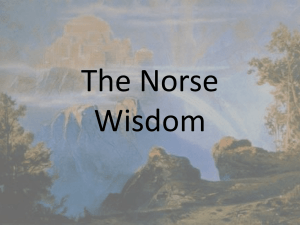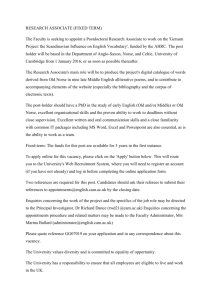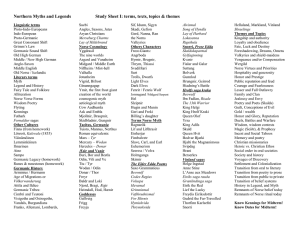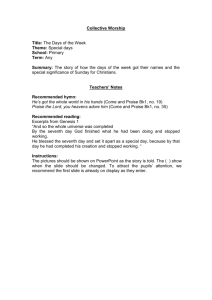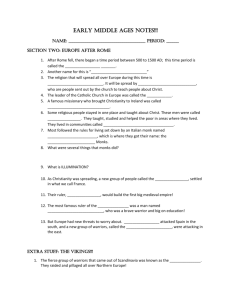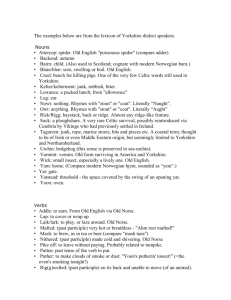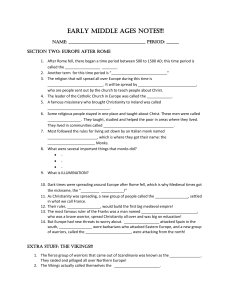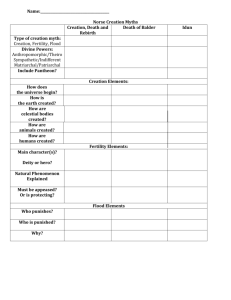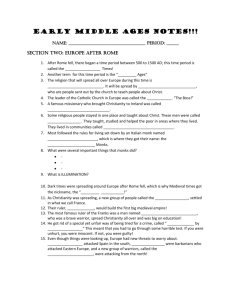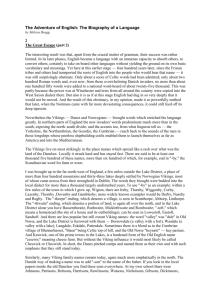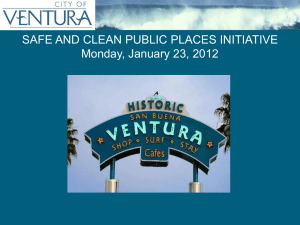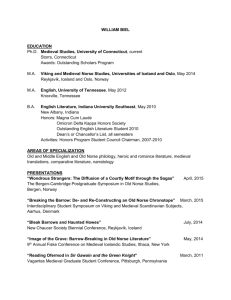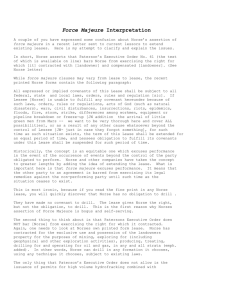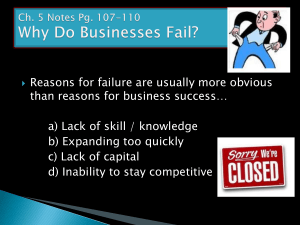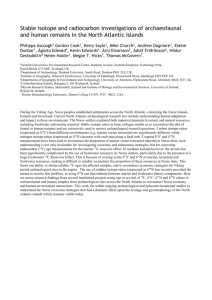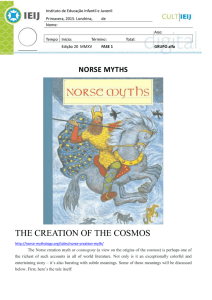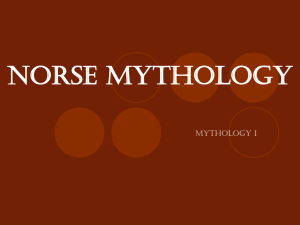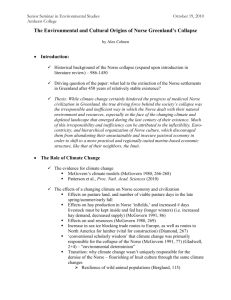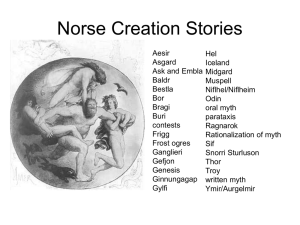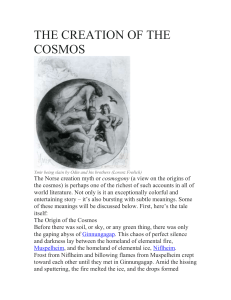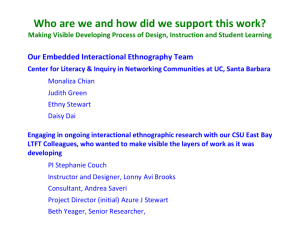Mike Britch - Managing Director, Norse Group
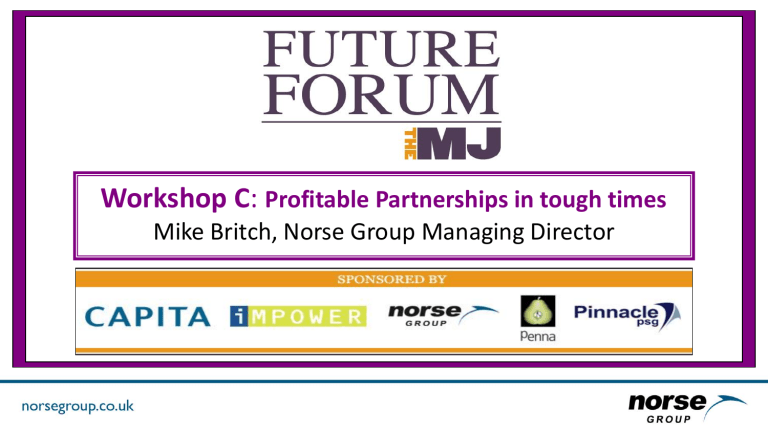
Workshop C: Profitable Partnerships in tough times
Mike Britch, Norse Group Managing Director
“LAs must consider fundamental changes to the way in which services are provided.”
“Partnership working between Councils and other local agencies is key to re-designing public services and to ensuring good outcomes at lowest cost.”
Department for Communities and Local Government
Partnership
“An agreement in which parties agree to co-operate to advance their mutual interests.”
Contract
“An agreement entered into by two or more parties, each of whom intends to create one or more legal obligations between them.”
Partnership versus Contract
Partnership
Lower risk/reward
Flexibility
Influence
Speed
Contract
High reward/high risk
Requires detailed specification
Can drive win/lose behaviours
Certainty of outcome but change can be expensive
Profitable partnerships?
Public/Private partnerships
• Requirement for full OJEU process
Public/Public partnerships
• Use of Teckal exemption
Ingredients for a successful partnership
Common objectives
Valuing each other’s contribution
Knowing what success looks like
The partnership being greater than the sum of its parts
Ingredients for a successful partnership
Freedom to:
Trade
Innovate
Generate profit
Do things differently
Experiment/get things wrong
Be successful!
What can partnership offer?
Financial return over and above initial savings
Vehicle for service transformation
Flexibility
Operational freedom:
• expand skill base
• capacity
• commercial culture
Profitable partnerships need . . .
To combine public service ethos with commercial and entrepreneurial skills
Commercial and dynamic leadership
Cultural change by staff
• Career opportunities
• Business focus
• Client centric
Robust monitoring and reporting systems
Built around service specifications and KPIs
Profitable partnerships need . . .
Accountability and personal ownership
Commercial systems
• HR
• Finance
• ICT
Sales Function
Awareness of importance of cash flow
The Norse Group
Formed in 2002
Grew out of DSO/DLO and set up in response to CCT
Staff transferred to company
NCC single Shareholder
Board of Directors to ensure NCC strategic control
2002: Turnover = £47m
2012-13: Turnover = £250m
The Norse Group Joint Venture Model
Separate joint venture companies limited by shares – 19 in place already
Board of Directors
• 2 senior Partner Authority nominated
• 3 Norse Group
Shareholding split 80% Norse – 20% Partnering Authority
Profits split 50-50
Norse Group takes commercial risk
Equal Shareholder rights
Shared vision and objectives
Via its partnerships, the Group has:
responded to market failure
• Care Homes
• Affordable Housing
• Contract failures – Connaught
created new opportunities
• Energy management – CRC
• Waste disposal
changed with the market
• Free Schools
• Academies
Driving value from partnership
Doing the same things via a different vehicle will not deliver a step change or profitability
Use the partnership to change the outcome in service delivery and client commissioning
Success can only come from growth.
Service efficiencies will only go so far
Mike Britch
Managing Director
Norse Group
01603 706100 mike.britch@nps.co.uk
